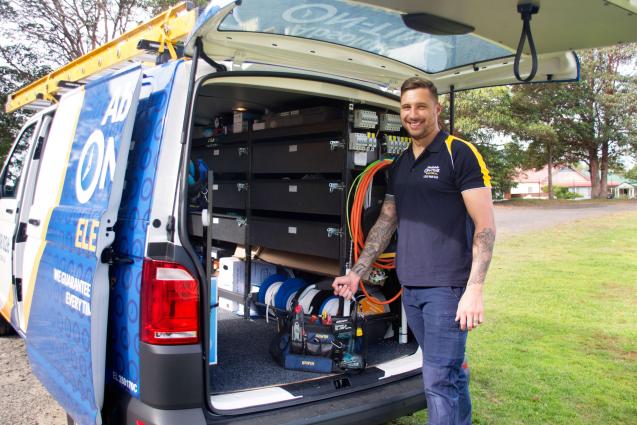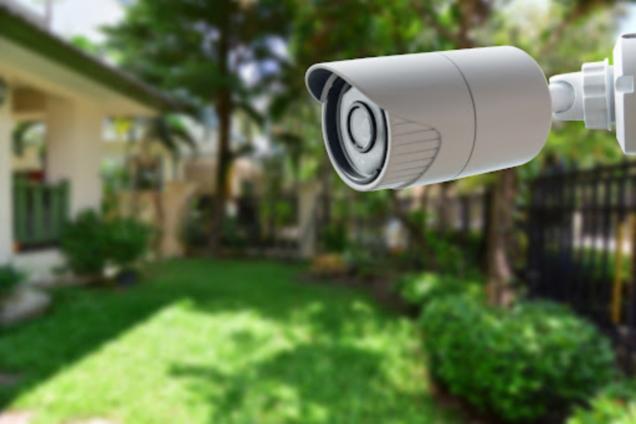
EV home charger comparison
There are now a few different options available to charge your EV at your home or workplace. However, before deciding, you should consider EV home charger comparisons. After you've done your research and deliberation, it will be easier for you to determine what type of charger is going to fit your needs best.
Compare Home Charging Options
As the world becomes increasingly electric, it's essential to have various home charging options. You need to know the difference between portable home EV chargers and wall-mounted EV Chargers.
Portable home EV charger
Portable home EV charger options are a great way to charge your car while at home, and they can be very useful when you have a long commute and don't want to worry about running out of juice.
They're also an eco-friendly choice that helps reduce carbon emissions by reducing the number of gas-powered cars on the road. However, there are many different kinds of portable home EV charger options available today—and not all of them are made with the same quality materials or offer the same features.
Wall-mounted home EV charger
Wall-mounted home EV Chargers are a type of charging station that can be installed on your wall to provide power to your electric vehicle. They are typically mounted at the bottom of a garage and run to the parking space where the EV is parked. This allows drivers to plug in their vehicles, then use the charger as needed while they sleep or work.
The advantage of wall-mounted chargers is that no cables are lying on the ground around your car. This keeps them safe from damage by weathering or vandalism, and it helps prevent accidents when people walk into them.
Things to consider when buying a home EV charger
When looking for an EV home charger, you must consider a few things before you leap, Such as:
- Which EV do you own
When considering the type of EV you own, you should consider how much energy it uses and how long it takes to charge. This information will help determine whether your home can support an EV charger.
- Power availability in your home
The power availability in your home is one of the most important factors to consider when choosing a home EV charger. After all, the only way to charge the vehicle and use it is if there's enough electricity. You’ll need to get in touch with a trusted EV charger installation expert to learn more about the power availability in your home.
- Desired charging speed
When comparing home EV chargers, you should consider the desired charging speed. This is because it can significantly affect how quickly your car will charge and how much electricity you use.
Home EV chargers charge at different speeds, ranging from 10 kilowatts to 50 kilowatts or even more. The higher the charging speed, the faster your car will be charged up, but it also uses more energy and costs more money. For example, if you want to charge your car in less than six hours, choose a charger with a maximum charging speed of 10 kilowatts or less.
Different EV charger levels to Compare
You should know the different EV charger levels when comparing home EV chargers because it can help you make a more informed decision. The first thing to note is that there are three different levels of charging, each with its benefits.
Level 1
Level 1 chargers plug directly into the outlet in your home or garage. They can charge your car at a rate of 4.83 kph, which means it could take up to 24 hours to charge your vehicle fully. This may be a better choice for someone who needs their car quickly.
Level 2
Level 2 chargers have a cord that plugs into an outlet, but they also have an adapter that allows them to connect to your vehicle's charging port. These chargers can charge at a rate of 8.03 kph and fully charge your vehicle in about 8 hours. This is likely the best option if you need your car quickly or live somewhere where electricity is only sometimes readily available.
Level 3
Level 3 chargers are fast chargers that allow you to fill up your tank in 30 minutes or less! These types of chargers require special equipment and installation, so they are less common than other types of charging options; however, they're great if you want fast service without the hassle.
In conclusion, with a bit of research, you can get in touch with a trusted EV charger installation expert. In addition, with an understanding of the basics, any electric vehicle owner should be able to find a reliable EV home charger to meet their needs. So, if you’re searching for the right home EV charger for your home, contact your local EV dealer to find the best option for you.



